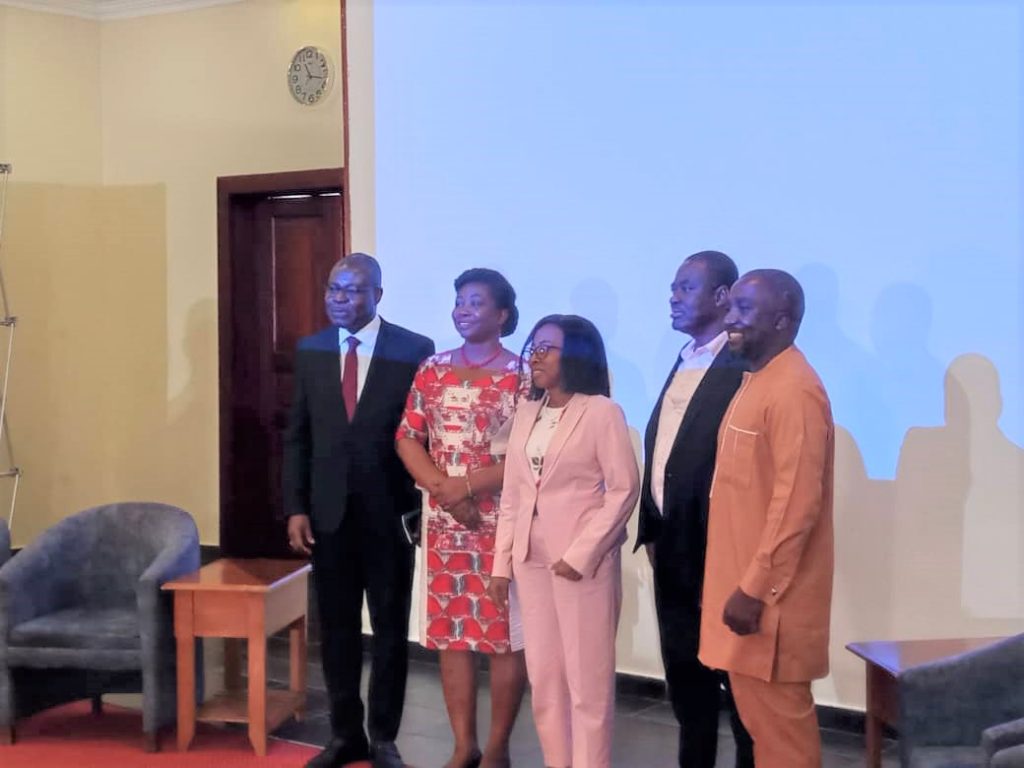By Naa Shormei Odonkor
Accra, Aug. 01, GNA – The Council for Scientific and Industrial Research (CSIR), has urged Ghanaian researchers and innovators to follow standardisation, certification, and conformity assessment to guarantee research and products quality and acceptability.
Prof. Marian D. Quain, the Deputy Director-General of the CSIR, who made the call during a “standardisation, certification, and assessment workshop,” explained that standardisation and certification of research and innovations averted catastrophes like the “Titanic implosion.”
The meeting was jointly organised by the CSIR and Heritor’s Laboratory Limited, with funding support from the RISA Fund and the Foreign Commonwealth and Development Office (FCDO).
It was on the theme; “Advancing Standards and Certification in Research Innovation: Building a Symbiotic Relationship with Regulations and a Culture of Standards among Researchers and Innovators.”
Prof. Quain said despite the significance of standards in promoting quality, improving logistical operations, enabling commerce, and preventing consumer fraud, many people and institutions overlooked them and failed to obtain calibration certification for innovative devices.
“Also, the fuel pump and the instance of the recent Titanic implosion, which is perceived to be a result of the Chief Executive Officer of Oceangate, not following standards for building a submersible,” were typical examples of non-adherence to these regulations, she stated.
Following this dearth, Prof. Quain said the RISA-Fund and FCDO provided the CSIR with funds to address “the country’s toughest challenge,” that was the need for a symbiotic relationship between service providers, researchers, and innovators.
“Adherence to standards and pursuing certification as the first option in product and innovation development,” were critical to bridging the gap, she said.

In addition, Prof. Alex Dodoo, the Director-General of the Ghana Standards Authority (GSA), explained that the government developed and enforced mandatory standards or technical regulations to achieve specific goals such as safety, health, and the environment.
He emphasised that even though academics acted as technical committee chairmen throughout the standards-development process, the gap was intentional and had become a cause for concern.
He said there remained many jobs to be done, citing innovative solutions for common problems such as streetlights, potholes, et cetera, yet several people including well-trained, young, and hungry for success but unemployed, innovative, and creative youth,” continue to loiter in search for jobs.
Prof. Dodoo called for a strong synergy between researchers, innovators, and industrialists, stressing on the need to bridge the standards and certification gap in research and innovation, standardisation, and regulations and proposed the topic to be offered as university degree course.
This is because professionals and experts in that field required an enormous amount of knowledge and vast experience, Prof. Dodoo explained.
Mr Seth Seaneke, the Deputy Chief Executive Officer of the Food and Drugs Authority in charge of health products and technologies, observed that Ghana had a great deal of benevolence in the production and trade of its goods, which could be utilised with standardisation and certification, to boost the economy and even reduce unemployment.
He said the country had a lot of goodwill in terms of its products and taking standardisation and certification seriously, a lot could be achieved especially in the reduction of unemployment.
GNA